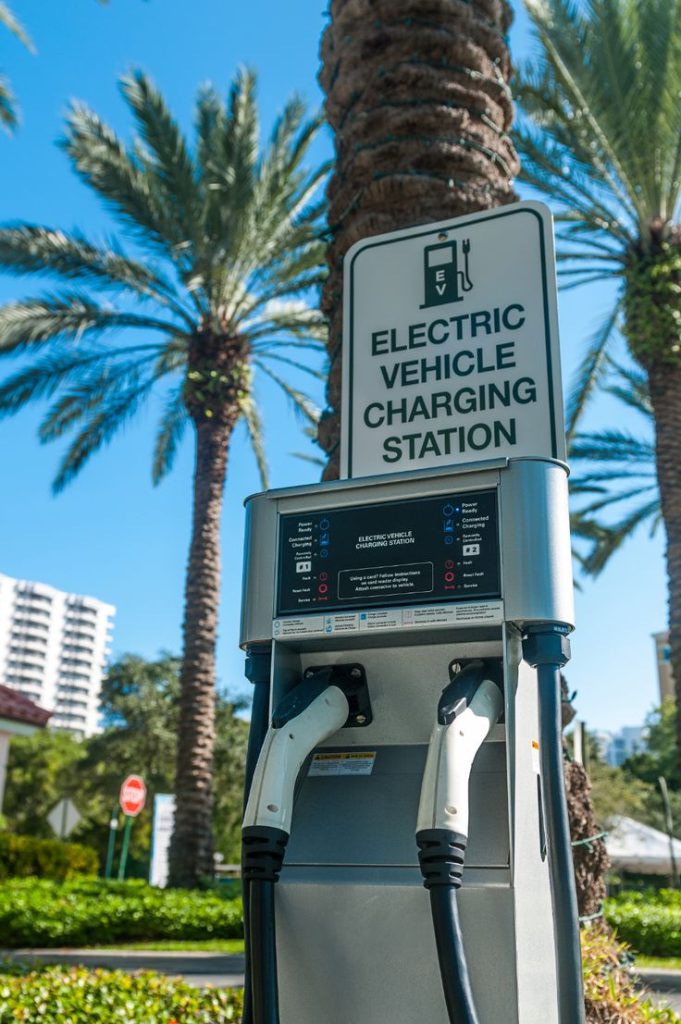Understanding key aspects of electric vehicle (EV) chargers can be valuable in various professional settings, especially if your boss is involved in the electric vehicle industry or considering the adoption of EVs. Here are 15 things your boss may wish you knew about EV chargers:
- Charging Speeds Vary:
- Different chargers provide varying charging speeds. Level 1 chargers are slower, while Level 2 and DC fast chargers offer faster charging.
- Levels of Charging:
- Level 1 chargers use a standard household outlet (120V), Level 2 chargers require a 240V outlet, and DC fast chargers offer high-speed charging for public use.
- Charging Connector Types:
- There are different connector types, such as Type 1, Type 2, CHAdeMO, and CCS, used by various electric vehicle manufacturers.
- Charging Station Networks:
- Different companies operate charging station networks, and compatibility with these networks may vary based on the EV charger’s specifications.
- Smart Charging Features:
- Many modern EV chargers come with smart features, allowing users to monitor and schedule charging remotely through smartphone apps.
- Charging Station Locations:
- Knowing the location of public charging stations is essential for trip planning and ensuring access to charging infrastructure.
- Charging Costs:
- Charging costs can vary based on the charging station, time of day, and your location. Some public stations may offer free charging, while others require payment.
- Home Charging Options:
- Understanding home charging options, including the installation of Level 2 chargers, can be crucial for EV owners.
- Charging Station Availability:
- Public charging stations may have different levels of availability, and it’s important to plan for potential wait times, especially during peak hours.
- Charging Etiquette:
- Being mindful of others waiting to charge and respecting charging time limits at public stations is important for maintaining a positive charging experience.
- Battery Management:
- Charging to 100% regularly can impact battery health over time. Many EVs have settings to manage charging limits to prolong battery life.
- Charging Infrastructure Growth:
- The EV charging infrastructure is continually expanding, and staying informed about new installations can be beneficial for planning travel routes.
- Charging Station Maintenance:
- Regular maintenance of charging stations is crucial to ensure their reliability. Reporting issues promptly helps maintain a functional charging network.
- Government Incentives:
- Some governments offer incentives or tax credits for businesses installing EV charging stations. Knowing about these incentives can be advantageous.
- Environmental Impact:
- EV chargers contribute to reducing greenhouse gas emissions, and understanding the environmental benefits can align with corporate sustainability goals.
Being knowledgeable about these aspects can demonstrate your awareness of the evolving electric vehicle landscape and contribute to informed decision-making within your organization.
